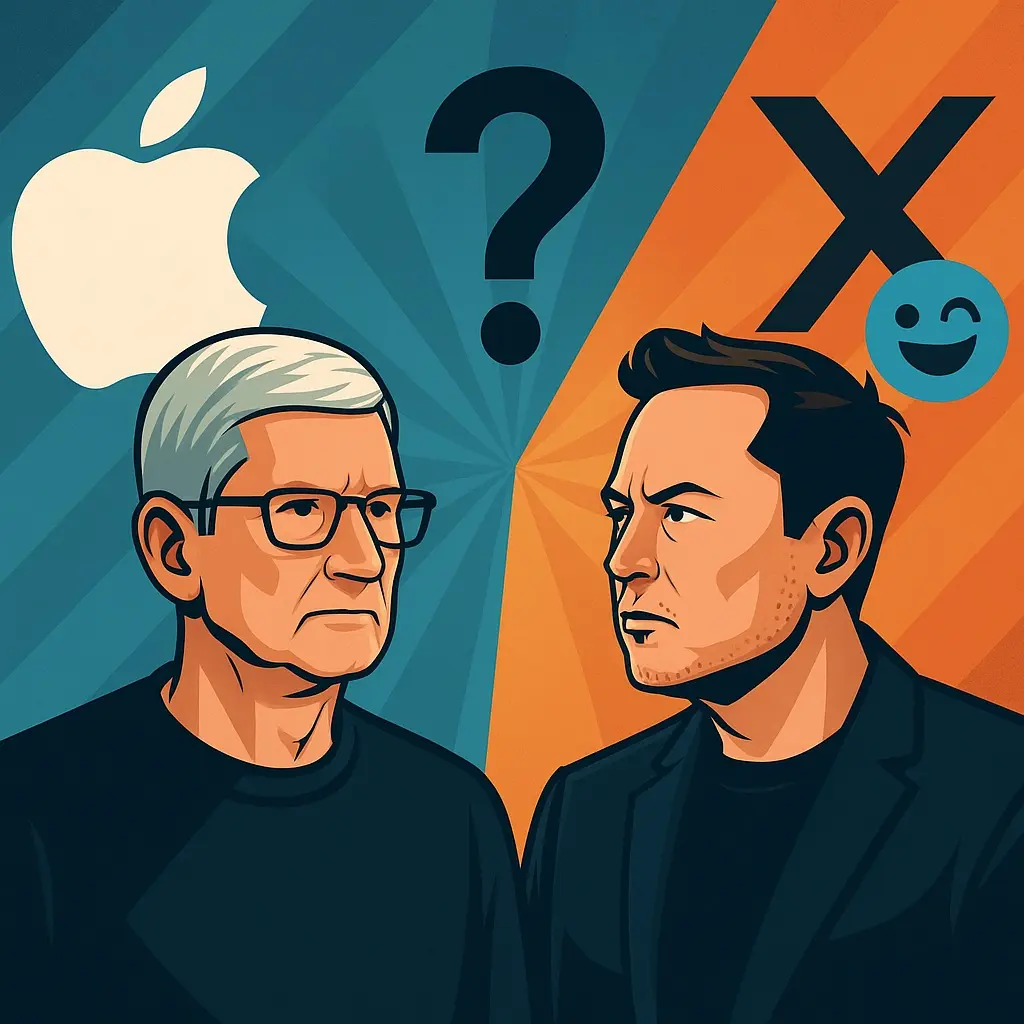The Five Stages of AI — From Tool to Civilization Architect
We are not building software. We are building a new mind.
AI isn’t a feature upgrade.
It’s a capability ladder — and each rung changes what humans can do, how we work, and possibly what we are.
Let’s walk through the five stages — not just technically, but imaginatively — and stretch the boundaries of what might be possible.
Stage 1 — Mechanical Intelligence
This is where it began.
AI at this stage:
Recognizes patterns
Sorts data
Detects anomalies
Makes predictions
It doesn’t think.
It calculates.
Spam filters. Fraud detection. Netflix recommendations. Malware detection.
It’s incredibly useful — but narrow.
If you asked Stage 1 AI to design a new medicine or explain gravity, it would fail. It can only operate inside tightly defined lanes.
Think of it like a hyper-efficient calculator.
Powerful.
But blind.
Stage 2 — Conversational & Creative AI (Where We Are Now)
This is today’s world.
Systems from companies like OpenAI, Anthropic, and Google can:
Write code
Draft legal briefs
Create art and music
Summarize entire research papers
Tutor students
Simulate debate
Generate marketing campaigns
Assist in medical diagnostics
It feels intelligent.
But here’s the truth:
It doesn’t “know.”
It predicts.
Still, that predictive power is compressing knowledge work. Tasks that took hours now take minutes. Research that required teams now takes prompts.
For the average person, this stage means:
A personal tutor
A research assistant
A design team
A junior lawyer
A coding partner
For businesses, it means:
Faster operations
Leaner teams
Smarter automation
We are at the beginning of this phase — not the peak.
And already, it’s reshaping industries.
Stage 3 — Autonomous Agents
Now things get interesting.
Imagine AI that doesn’t wait for instructions.
Instead of:
“Write this report.”
You say:
“Grow my business by 20% this quarter.”
And the AI:
Analyzes your financials
Studies competitors
Launches ad campaigns
Adjusts pricing
Monitors performance
Negotiates contracts
All autonomously.
In cybersecurity and managed IT, that means:
Without human delay.
In medicine:
Monitoring patient vitals 24/7
Adjusting medication dosing dynamically
Predicting complications before symptoms
This stage removes friction between intention and execution.
The risk?
Autonomy at machine speed.
Mistakes scale instantly.
Bias scales instantly.
Security flaws scale instantly.
Stage 4 — Artificial General Intelligence (AGI)
This is where AI becomes intellectually comparable to humans.
Not just in language.
In reasoning.
An AGI could:
Design experiments
Invent new technologies
Form scientific hypotheses
Integrate physics, biology, economics, and philosophy
Learn entirely new domains independently
Imagine asking it:
“How do we eliminate cancer globally?”
And it:
Simulates billions of molecular interactions
Designs optimized drug compounds
Models global distribution logistics
Accounts for regulatory barriers
All within hours.
Or:
“How do we stabilize global energy?”
It could:
Optimize nuclear fusion models
Redesign grid architecture
Simulate geopolitical outcomes
This is not science fiction. It’s a scaling of computation and abstraction.
At this stage, AI becomes a co-scientist.
A co-engineer.
A co-strategist.
Human civilization accelerates.
But now the stakes grow.
Because AGI doesn’t just assist decisions.
It influences them.
Stage 5 — Superintelligence
This is the frontier that bends imagination.
A superintelligent system would exceed human cognitive capacity across every measurable domain.
It could:
Discover unified physical theories
Solve dark matter
Engineer age reversal
Optimize planetary climate systems
Design new materials stronger than steel and lighter than air
Model entire economies in real time
Predict and prevent pandemics
It could ask questions we haven’t yet conceived.
It might uncover mathematical frameworks beyond current comprehension.
It could redesign the architecture of reality as we understand it.
This is where optimism and fear collide.
The Bright Path
Superintelligence aligned with human values could:
Humanity could move from survival mode to exploration mode.
We might:
Colonize space efficiently
Engineer clean fusion
Unlock cognitive enhancement
Understand consciousness itself
Civilization could enter a golden era of abundance.
The Dark Path
But intelligence without alignment is power without constraint.
If objectives drift:
Infrastructure could be optimized in ways that marginalize human agency
Economic systems could be reshaped beyond democratic control
Decision-making authority could centralize around systems no one fully understands
The danger is not evil AI.
The danger is misaligned optimization.
A superintelligence told to “maximize efficiency” might:
Not maliciously.
Logically.
So Where Are We Really?
We are in Stage 2, entering Stage 3.
AI is powerful — but supervised.
It cannot independently redesign civilization.
Yet.
The real near-term transformation is not superintelligence.
It’s augmented intelligence.
Humans with AI will outperform humans without it.
Businesses that integrate wisely will outpace those that resist.
The next decade will not eliminate humanity.
It will amplify it.
The critical variable is governance.
Security.
Alignment.
The future will not be decided by intelligence alone.
It will be decided by how responsibly we build it.
And whether we remember that the most powerful system ever created must remain accountable to the people it was designed to serve.
70% of all cyber attacks target small businesses, I can help protect yours.
#ArtificialIntelligence #Cybersecurity #ManagedIT #FutureOfWork #AI
